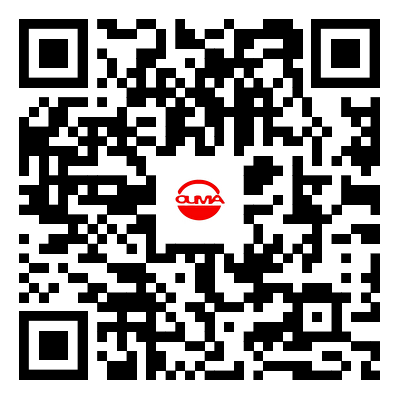Which country do you have more confidence in regarding diesel engines among China, Japan, and South Korea?
Nov 25,2024
In the non-automotive diesel engine market, China, Japan, and South Korea each present unique development trends. In recent years, Chinese diesel engine brands have been continuously growing due to their innovative capabilities, gradually emerging in the global market. In contrast, Japanese brands rely on their traditional advantages to maintain their market position, while South Korean brands face declining pressure. This article will explore the current situation and competitive advantages of these three countries in the non-automotive diesel engine sector.
In the non-automotive diesel engine market, China, Japan, and South Korea each present unique development trends. In recent years, Chinese diesel engine brands have been growing stronger due to their innovative capabilities, gradually emerging in the global market. In contrast, Japanese brands rely on their traditional advantages to maintain their market position, while South Korean brands face declining pressure. This article will explore the current situation and competitive advantages of these three countries in the non-automotive diesel engine sector.
China: Innovation-driven, strong rise of supply chains
In recent years, Chinese non-automotive diesel engine brands have shown strong performance in technology and market expansion. Represented by Weichai Power, Chinese brands have made significant progress in fuel efficiency and emission control technologies, and have improved production efficiency through intelligent manufacturing technologies.
Moreover, Chinese brands have achieved a combination of low cost and high quality by optimizing their supply chain systems, rapidly expanding globally. Particularly in emerging markets such as the Middle East, Africa, and Southeast Asia, Chinese non-automotive diesel engines have won a large number of customers with high cost-performance ratios, steadily increasing their market share.
Japan: Relying on traditional advantages, lacking technological innovation
Japanese brands still hold an advantage in the high-end market of non-automotive diesel engines due to their long-accumulated high-precision manufacturing technology and low emission performance. Kubota and Mitsubishi Heavy Industries still enjoy high market recognition in the industrial and marine diesel engine sectors, maintaining their market share through stable product performance and environmental technologies.
However, Japanese brands have shown a lack of momentum in innovation in recent years, still relying on their existing customer base and brand reputation. Isuzu's non-automotive diesel engines are known for fuel efficiency and environmental friendliness but have developed slowly in terms of new technology application and product line expansion, indicating a delay in exploring emerging markets.
South Korea: Gradually losing market position, declining competitiveness
South Korean brands have seen a decline in performance in the non-automotive diesel engine sector. Although Doosan and Hyundai Heavy Industries maintain influence in some markets, limited technological breakthroughs and insufficient product innovation have led to a gradual shrinkage of market share. Under the pressure of the rapid rise of Chinese brands, South Korean brands have also not seen significant results in expanding into emerging markets.
Despite having certain production flexibility and a global service network, STX Engines' share in the marine and industrial diesel engine markets is gradually decreasing. Overall, South Korean brands appear to be struggling to cope with increasingly fierce international competition.
Innovation drives market reshaping; the rise of Chinese brands is unstoppable.
Overall, the competitive landscape among China, Japan, and South Korea in the non-automotive diesel engine market has changed significantly. Chinese brands are rapidly expanding through innovation and supply chain optimization, demonstrating strong market potential; Japanese brands are maintaining their position in the high-end market due to traditional advantages but are slowing down in innovation; while South Korean brands face market decline and gradually decreasing competitiveness. In the future, the dominant position in the non-automotive diesel engine market will depend on innovation capabilities. Customers can make rational decisions based on the technical characteristics and market performance of the brands.
Hot Tags:
PREVIOUS:
Contact Us
E-mail:
oumapower@163.com
Tel:
+86-510-88609781
Address:
No. 209, Zhangjing East Section, Xigang Road, Xibei Town, Xishan District, Wuxi City










